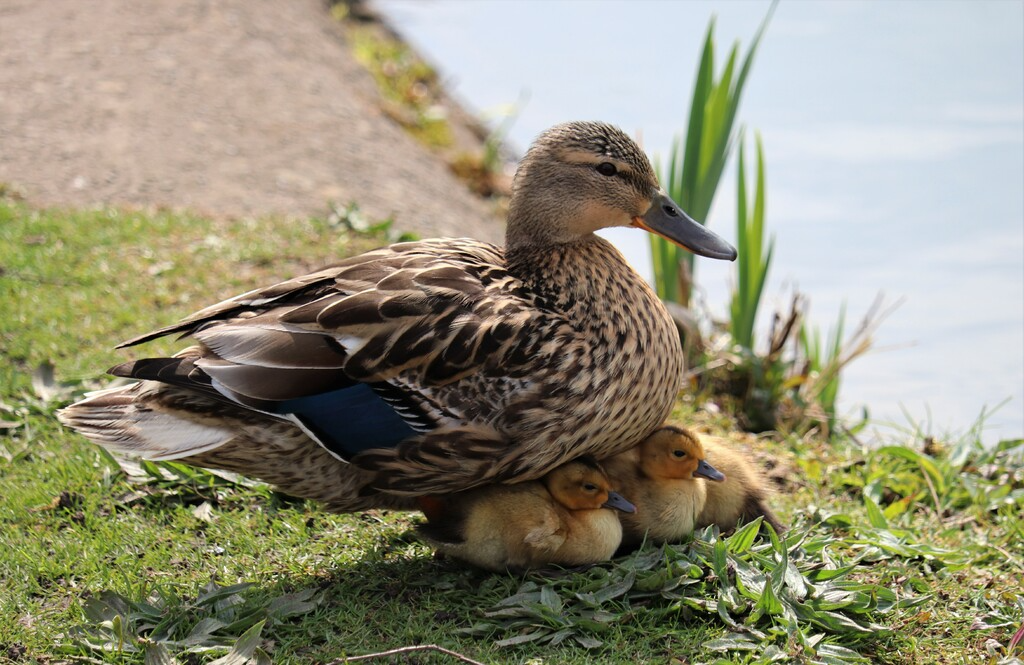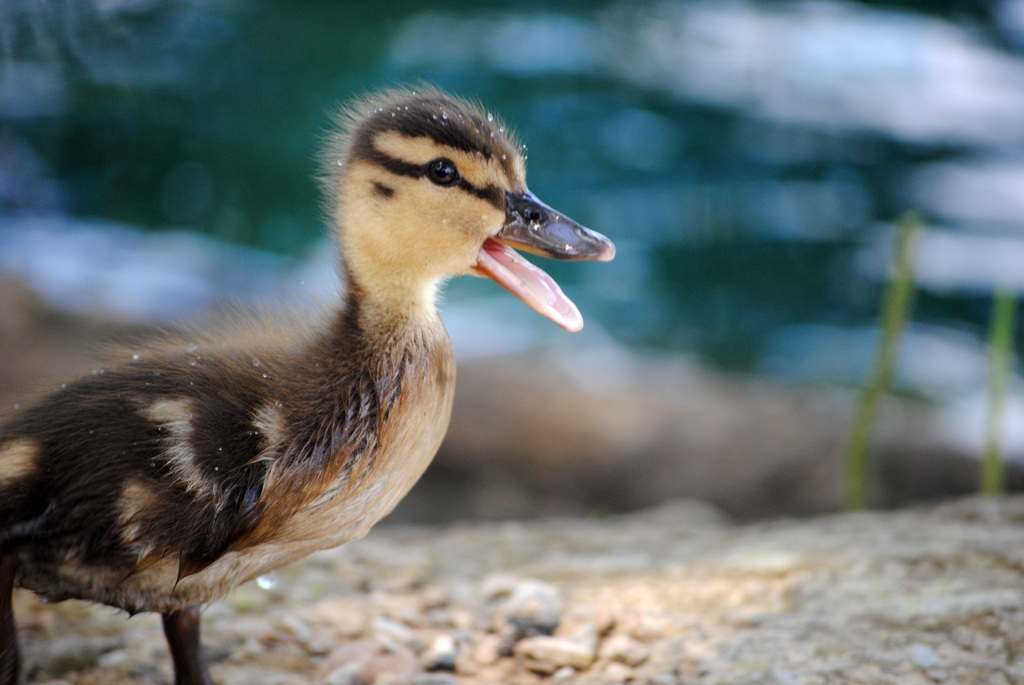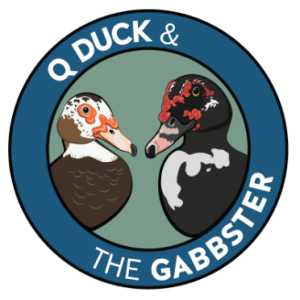Shelley Vickery, Director of Birds in Helping Hands, knows a thing or two about ducklings in distress.
“A lot of times there is one last baby duck, or two. They were the last ones to be born so they can’t keep up with Mom.” Shelley says that while sometimes a mother duck will leave them temporarily and then come back, occasionally weaker or disabled ducklings are abandoned.
What should you do if you come across an abandoned duckling? Shelley says to look for Mom.
“A lot of times all they need is one more day of rest to develop those muscles and we ask people to scour the neighborhoods for any drainage ditch, any pond, any water source and look for Mom. She couldn’t have gone far because she has all those babies.”
Because bird rescues are often full, Shelley recommends using all available resources to find a mother duck, including checking with neighbors, delivery drivers or the mail carrier. “A lot of times people have been able to reunite them with Mom after they’re strong enough.”
Interestingly, it’s not uncommon to find a mother and babies in what you might consider unusual locations.
 “People call in about a mama and babies in parking lots at strip malls or businesses,” says Shelley. This is not a mistake on the mom’s part. Predators like raccoons and turtles, who will feast on duck eggs, can be more common on the quiet shores of a pond or lake, and crafty momma ducks will sometimes pick a busy spot to nest. “We’ve had them in the front of Dunkin’ Donuts and they will stay there for 30 days on those eggs. So, if we see or hear of a mama in a parking lot, we tell people to let them be.” Interfering with urban nests can cause confusion or worse for the birds, she says. Though if you see a mother and babies trying to cross to water in a busy area, it’s OK to lend a hand. “You can escort them across the road but be safe about it!”
“People call in about a mama and babies in parking lots at strip malls or businesses,” says Shelley. This is not a mistake on the mom’s part. Predators like raccoons and turtles, who will feast on duck eggs, can be more common on the quiet shores of a pond or lake, and crafty momma ducks will sometimes pick a busy spot to nest. “We’ve had them in the front of Dunkin’ Donuts and they will stay there for 30 days on those eggs. So, if we see or hear of a mama in a parking lot, we tell people to let them be.” Interfering with urban nests can cause confusion or worse for the birds, she says. Though if you see a mother and babies trying to cross to water in a busy area, it’s OK to lend a hand. “You can escort them across the road but be safe about it!”
If you find a duckling or other bird in distress and you’re unsure of how to help, there are resources to help. If you’re local to the Tampa Bay area, you can call Birds in Helping Hands at 727-365-4592 or visit birdsinhelpinghands.org. If you’re outside the area, contact your state’s fish and wildlife commission or visit Animal Help Now online or download the app to find rescuers, rehabbers and sanctuaries closest to you.




